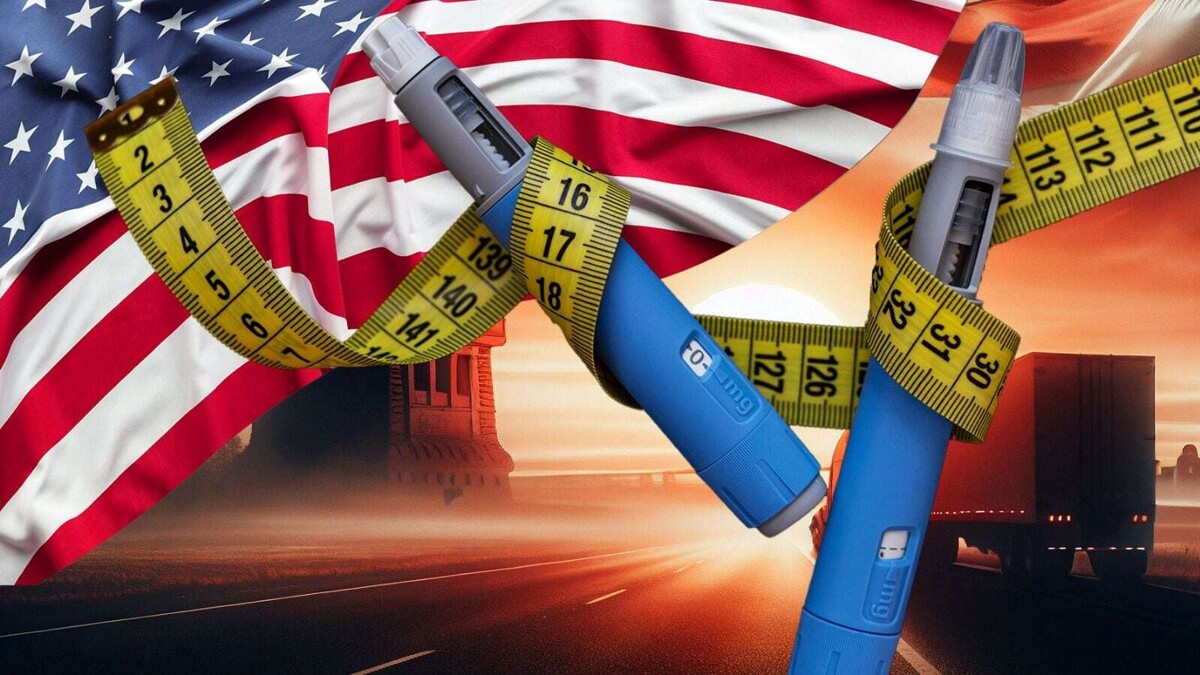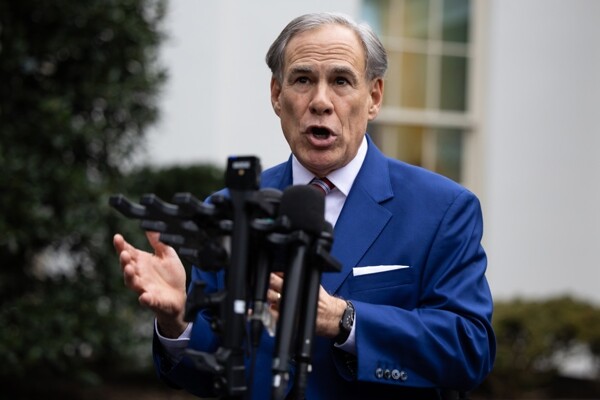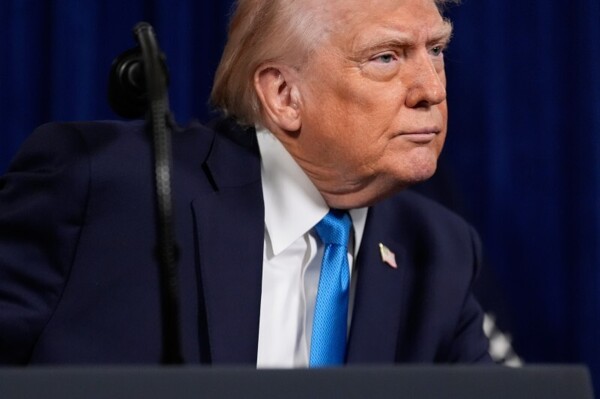
Many companies have created "tariff working groups" to counteract the implications of recent measures. During the early weeks of his term, Trump imposed tariffs on an estimated $1.4 trillion on products imported from Canada, Mexico, and China. The impact of these tariffs will be passed on to consumers through price increases, according to the Tax Foundation.
For example, the pharmaceutical company Eli Lilly announced plans to invest at least $27 billion in the construction of four factories in the United States in the coming years. The CEO of Michelin warned about the logistical complexity involved in applying tariffs to products whose parts cross multiple borders in the assembly process, which poses a significant challenge.
Some companies like the German company mentioned in the article have expressed their intention to increase production on U.S. soil in response to changing policies. However, industry experts warn that these processes can take years. Additionally, several European companies, such as Continental AG and Schaeffler AG, have indicated that they will be forced to pass on the additional costs to consumers, possibly resulting in price increases.
Walmart has asked its Chinese suppliers to reduce prices in response to the imposed tariffs, raising concerns among sellers. Companies like Temu have had to adjust their business models due to the new tariffs, while others like Galderma Group AG are looking to expand into international markets to mitigate the effects of the tariff measures.
In the pharmaceutical sector, companies like Sandoz warn of possible price increases for their products if tariffs affect the active pharmaceutical ingredients mostly imported from China and India. Globally, the impact of Trump's tariffs has led companies to analyze their supply chains and evaluate the potential repercussions on their operations and profits.














